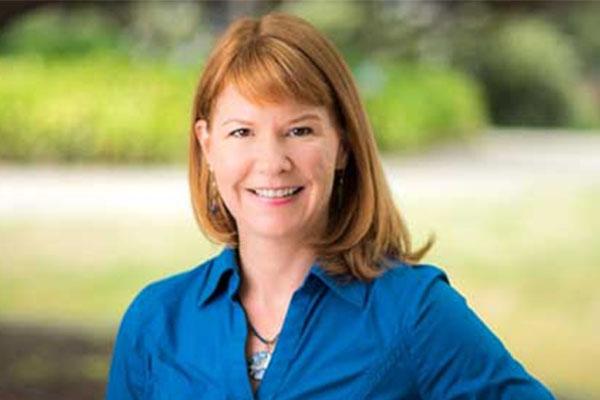

At least six states with high opioid abuse rates also have strong work restrictions that hinder nurse practitioners (NPs) in prescribing medication that can help treat the problem, according to a study by researchers at UC San Francisco.
These states, and others with restrictive scopes of practice for NPs, should reform their regulations to take full advantage of the health care workforce in addressing the opioid crisis and meeting primary care needs, the researchers said. Their study appears April 9, 2019, in JAMA.
“An important part of addressing the opioid crisis is helping people access treatment when they need it, and medication combined with therapy is the most effective approach,” said corresponding author Joanne Spetz, PhD, associate director for research at Healthforce Center and professor at the Philip R. Lee Institute for Health Policy Studies, part of the Department of Family and Community Medicine, and School of Nursing at UCSF. “NPs in states requiring that they practice under physician supervision or collaboration are much less likely to get waivers to prescribe these medications, and many of these same states have the highest rates of opioid overdose and addiction.”
A shortage exists in clinicians authorized to prescribe medications for treating opioid abuse. Drugs like methadone are only available in licensed narcotics treatment programs. But in the early 2000s through the Drug Addiction Treatment Act (DATA), physicians were granted waivers to prescribe buprenorphine, which safely and effectively reduces opiate withdrawal symptoms and cravings, in office settings. A 2016 update to the law gave NPs and physician assistants (PAs) the same authority.
If an NP or PA practices in a state requiring physician collaboration or supervision, the U.S. Drug Enforcement Agency has specific requirements regarding supervisor/ collaborator qualifications. These requirements, along with the possibility a supervising physician simply may not want an NP or PA to be involved in opioid treatment, may reduce their ability to get buprenorphine waivers.
See the full story in the UCSF News Center.
